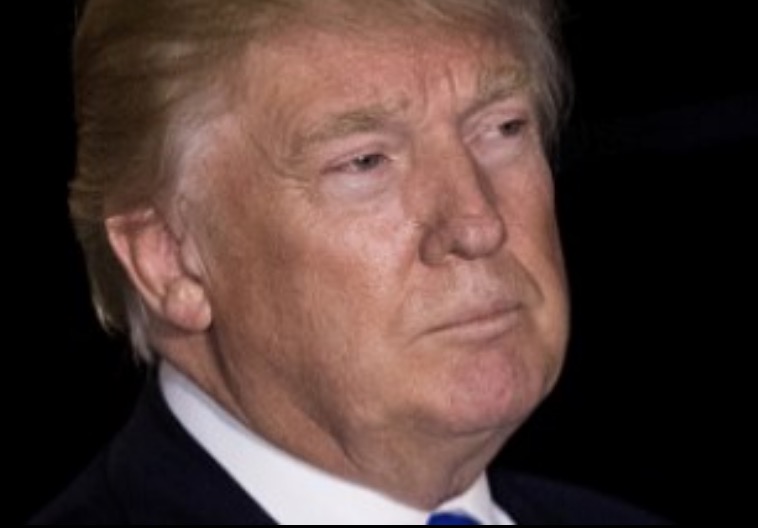by Robert Shiller, Professor, Economics, Yale University, via Project Syndicate
NEW HAVEN – US President-elect Donald Trump campaigned in part on a proposal to cut taxes dramatically for those with high incomes, a group whose members often have elite educations as well. And yet his most enthusiastic support tended to come from those with average and stagnating incomes and low levels of education. What gives?
Trump’s victory clearly appears to stem from a sense of economic powerlessness, or a fear of losing power, among his supporters. To them, his simple slogan, “Make America great again,” sounds like “Make YOU great again”: economic power will be given to the multitudes, without taking anything away from the already successful.
Those on the downside of rising economic inequality generally do not want government policies that look like handouts. They typically do not want the government to make the tax system more progressive, to impose punishing taxes on the rich, in order to give the money to them. Redistribution feels demeaning. It feels like being labeled a failure. It feels unstable. It feels like being trapped in a relationship of dependency, one that might collapse at any moment.
Copyright © Project Syndicate














